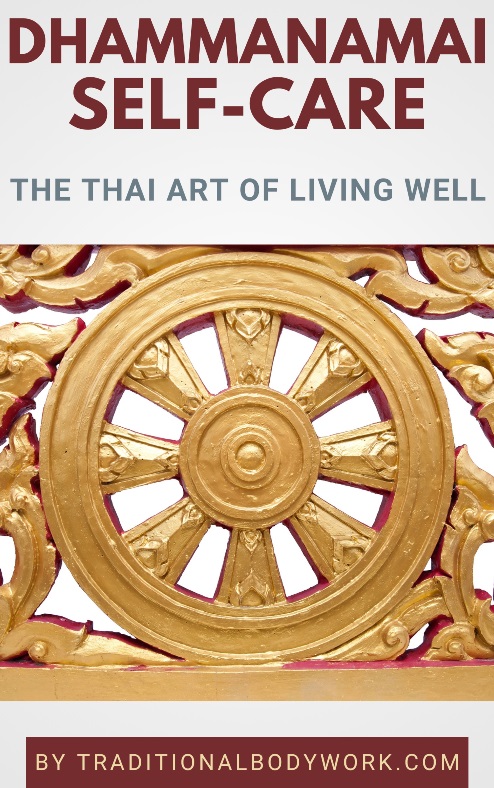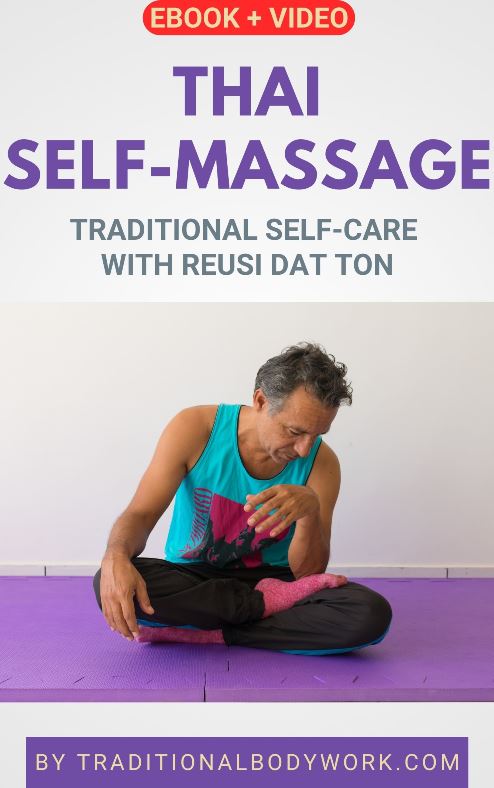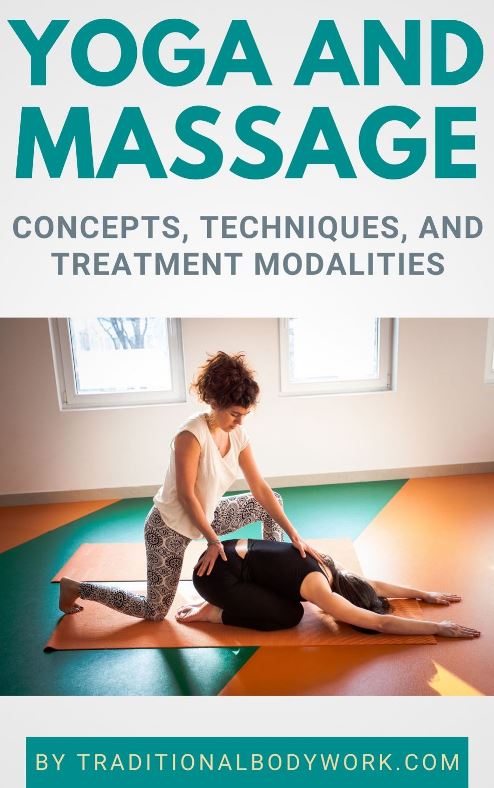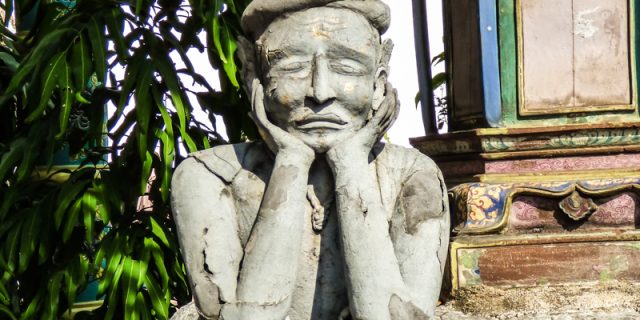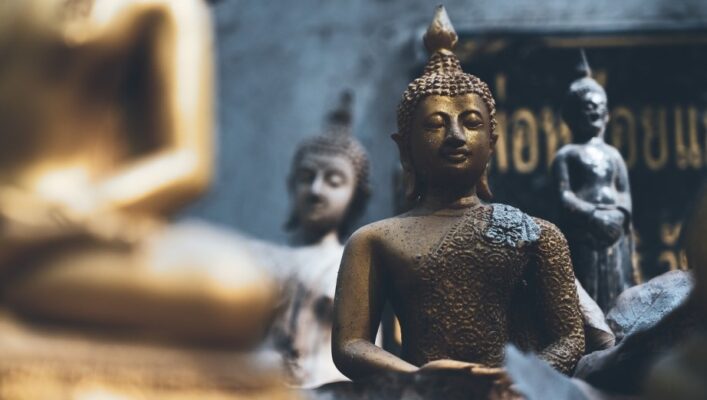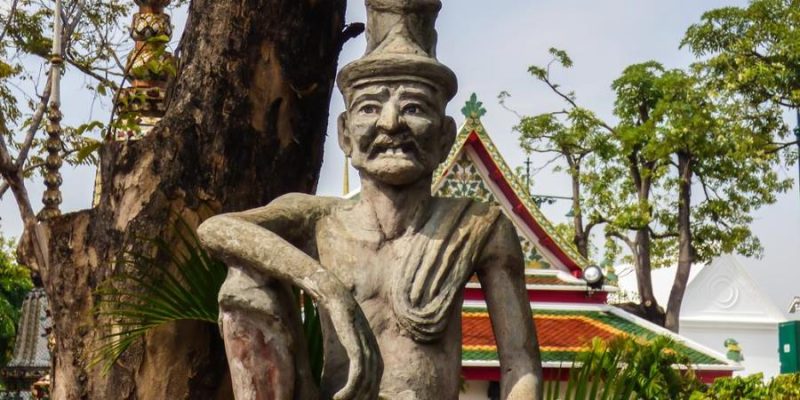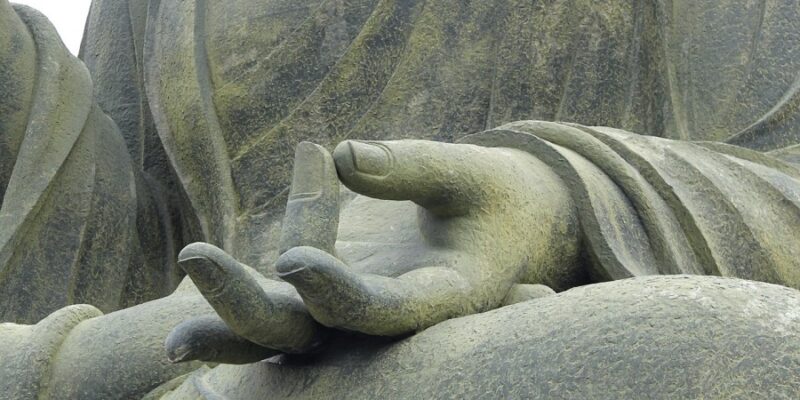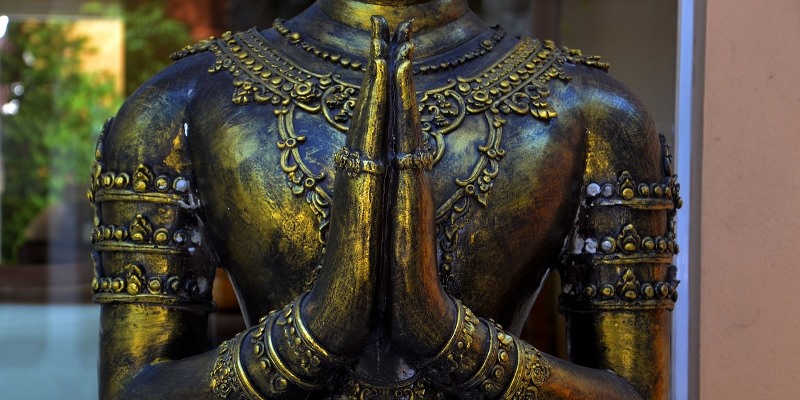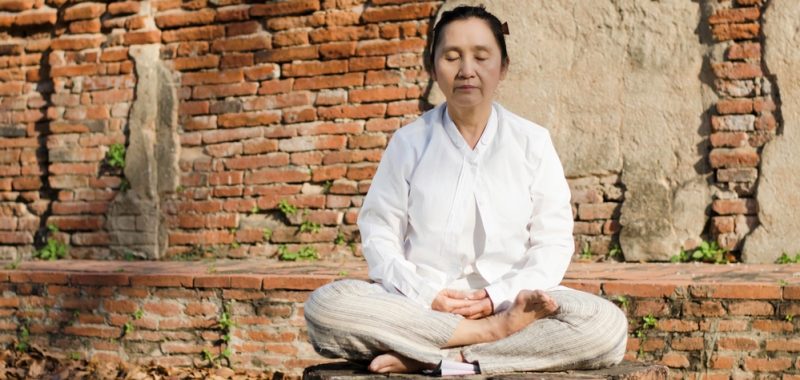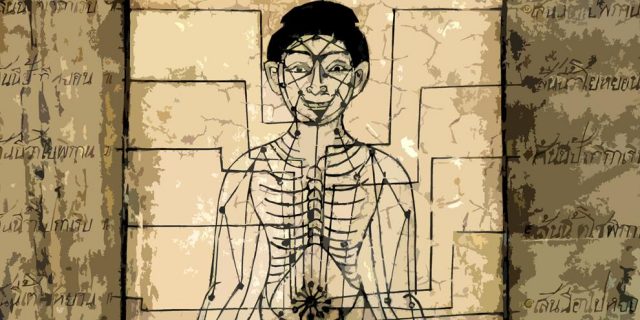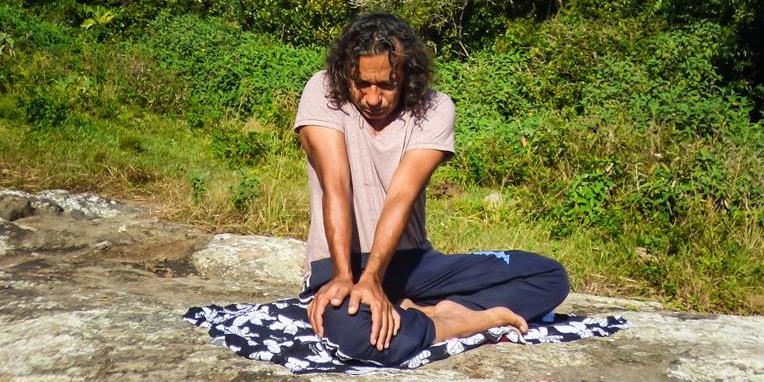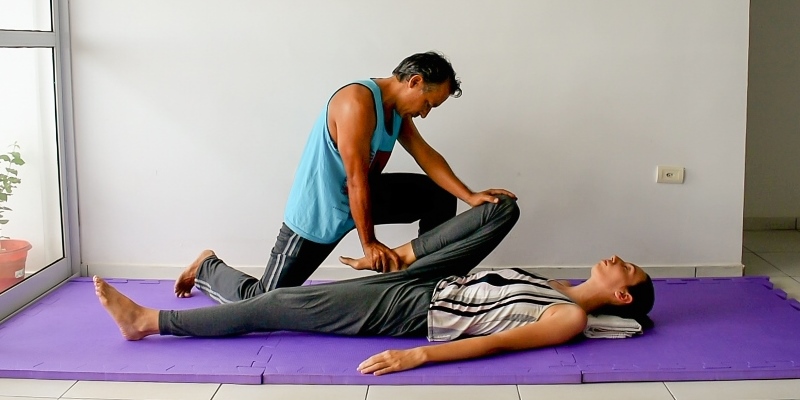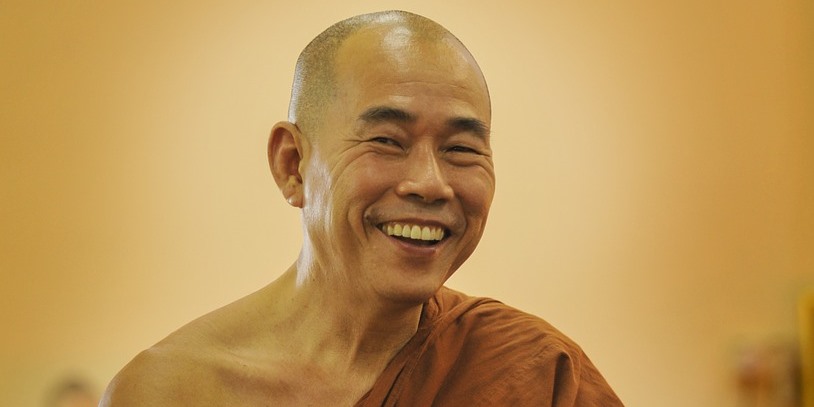
The Four Attitudes — Karuna, Metta, Mudita and Upekkha — also called the Four Sublime States, the Four Immeasurables or Four Infinite Minds, are a set of Buddhist virtues and meditation guidelines, which also play an important role in the practice of Thai Massage.
But first, let’s take a look at what these Four Attitudes are and what they stand for.
The Four Attitudes
The goal of practicing and cultivating The Four Attitudes is for the practitioner to escape the Wheel of Rebirth and reach Spiritual Enlightenment. In Buddhism, rebirth or reincarnation is seen as human suffering, and an important aim of Buddhist practices is to finally end the cycle of rebirth, that is, the end of suffering.
It’s also thought that ending the Wheel of Rebirth will lead to Spiritual Enlightenment. What exactly Enlightenment is supposed to be, is a whole other story, and we’ll not embark onto the subject in this post. But then, let’s briefly explain the Four Attitudes:
Karuna
Karuna stands for Compassion, that is, the feeling of pity, sympathy, forgiveness or acceptance for either the suffering, inadequacy or failure of other beings and also for ourselves (Self-Compassion).
Metta
Metta is usually translated as Loving Kindness or Friendliness, the feeling (and attitude) that all living creatures are our friends and deserve our kindness.
Mudita
Mudita is Sympathetic Joy, which is the feeling of joy for the happiness of others, free from jealousy, even if we didn’t cause that joy.
Upekkha
Upekkha signifies Equanimity, that is, an attitude of being unmoved by the ups and downs of life. Whatever comes one’s way, one reacts with equal calm and detachment.
Thai Traditional Massage
With regard to Thai Massage, you will sometimes see that a Thai Massage teacher or school adopts one of the Four Attitudes into the name of their establishment. It’s a way of showing that Buddhist virtues and ethics intertwine with the daily practice and teachings of Thai Massage.
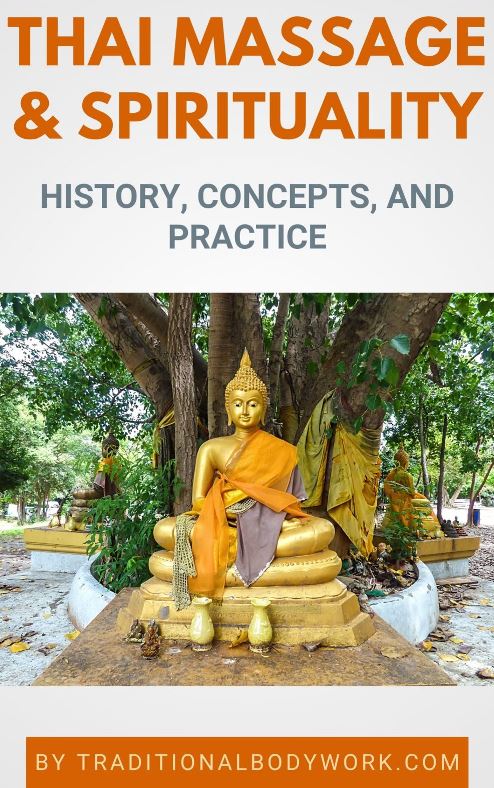
Of course, there’s more to it than simply adopting a name. When we study Thai Massage in Thailand we’re incited to give Thai Massage sessions from out or with these attitudes: with Loving Kindness and Compassion for the ill, with Joy and Selflessness and with a Spirit of Detachment also, notably when it comes to “reaping the results” of one’s healing work.
One of the ideas in Buddhism, notably in Theravada Buddhism, such as practiced in Thailand, is that virtues can be cultivated by strictly following the Buddhist teachings.
Although certainly not extremist, Theravada Buddhism tends to be more conservative in matters of doctrine and monastic discipline than the other big lineage of Buddhism, which is the Mahayana school.
As for Thai Massage therapists who’d want to practice in a Buddhist spirit, quite some rules could be observed and techniques applied to adhere to the teachings. Examples hereof are the Practitioners Code of Ethics, Vipassana Meditation and Metta Meditation, among other guidelines and practices.


